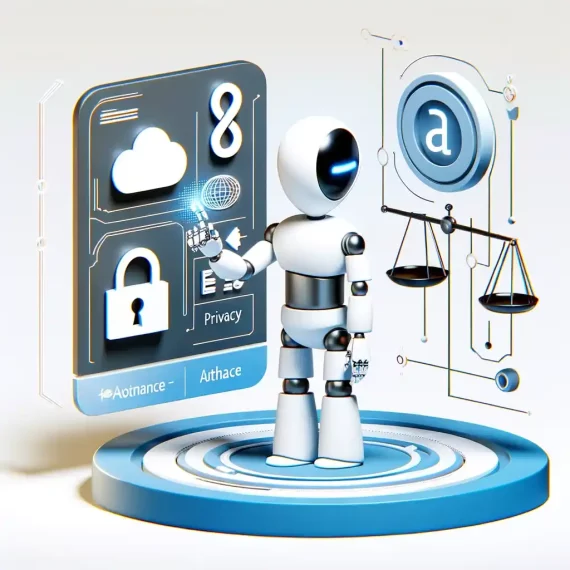As the integration of autonomous agents (Artificial Moral Agents (AMAs)), becomes increasingly prevalent in our lives, from self-driving cars to AI-driven healthcare systems, the conversation around their ethical implications is more relevant than ever.
These agents, powered by sophisticated algorithms and capable of making decisions without human input, bring forth a plethora of ethical considerations that demand careful examination.
Here are some key points to consider:
What are autonomous agents?
- Can range from simple software agents (e.g., chatbots) to complex robots with real-world interaction.
- Operate with varying degrees of autonomy, from limited choices within pre-defined parameters to independent goal-setting and learning.
Benefits and potential:
- Increased efficiency and automation in various tasks.
- Ability to operate in dangerous or inaccessible environments.
- Potential to assist with complex decision-making.
- Raising ethical awareness and challenging existing assumptions.
Understanding autonomy in agents
At their core, autonomous agents are designed to operate independently, making decisions based on programmed criteria or learning from their environment through AI. This independence raises the first ethical question: accountability.
When an autonomous agent makes a decision that leads to unforeseen consequences, who is responsible? The designer, the operator, or the AI itself?
Ethical concerns and considerations
- Privacy: Autonomous agents often collect and analyze vast amounts of data. Ensuring the privacy and security of this data is paramount, as is the transparency regarding how it’s used.
- Bias and fairness: AI systems can inherit biases from their training data, leading to unfair or discriminatory outcomes. Ensuring fairness in autonomous decision-making is a critical ethical concern.
- Autonomy vs. control: Finding the balance between an agent’s independence and human oversight is a delicate ethical dance. Too much control may negate the benefits of autonomy, while too little could lead to undesirable outcomes.
- Impact on employment: As autonomous agents become more capable, they may displace human workers in various industries. Addressing the ethical implications of job displacement is essential for a just transition.
Developing ethical frameworks
To navigate these ethical waters, the development of comprehensive frameworks is essential. These should include principles like transparency, accountability, fairness, and respect for privacy. Engaging with diverse stakeholders, including ethicists, technologists, policymakers, and the public, is crucial in shaping these frameworks.
Current discussions and solutions:
- Developing ethical frameworks and guidelines for designing and deploying AMAs.
- Exploring methods for explainable AI and transparent decision-making.
- Building in safeguards against bias and discrimination.
- Emphasizing human oversight and accountability.
Further resources:
- ETHICs and Autonomous Agents Project: https://anr.fr/Project-ANR-13-CORD-0006
- Dealing with Ethical Conflicts in Autonomous Agents and Multi-Agent Systems: https://www.emse.fr/~zimmermann/Papers/ethics2015.pdf
- What’s the idea behind ethical AI agents?: https://medium.com/tag/ethical-ai/who-to-follow
Conclusion
The ethical considerations surrounding autonomous agents are complex and multifaceted.
As we continue to integrate these technologies into society, it’s imperative that we approach their development and deployment with a careful, ethically informed perspective. By doing so, we can harness the benefits of autonomy while minimizing its potential harms, ensuring that these technologies serve to enhance, rather than undermine, the greater good.
This exploration into the ethics of autonomous agents only scratches the surface of a deeply intricate topic. It’s a conversation that will evolve as the capabilities and applications of autonomous technologies advance, requiring ongoing dialogue and reassessment of our ethical frameworks.


